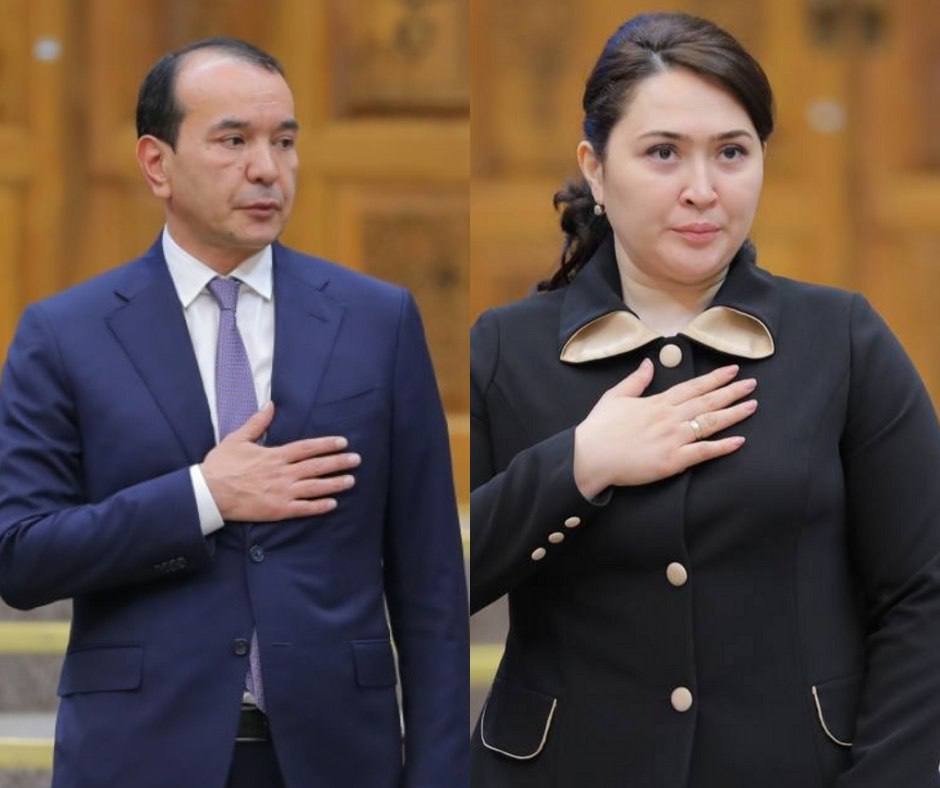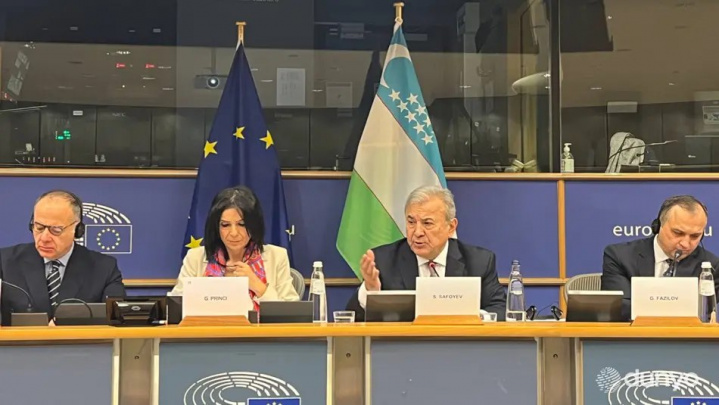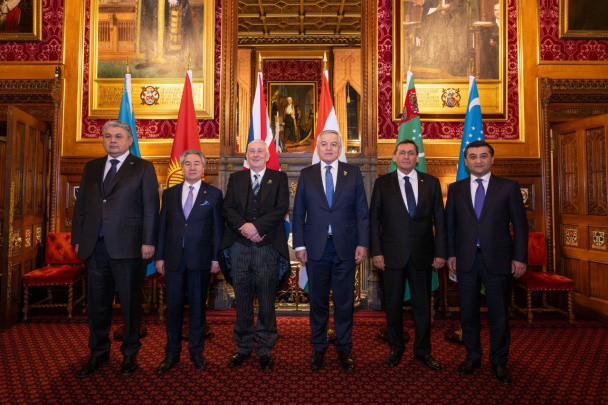Reports of ministers resigning for parliamentary seats refuted; Nazarbekov, Umarova remain in office
Agency for Information and Mass Communications (AIMC) has officially denied reports that Culture Minister Ozodbek Nazarbekov and Minister of Preschool and School Education Hilola Umarova have stepped down to take up seats in the country’s Legislative Chamber. Contrary to social media claims, both officials remain in their ministerial posts.

According to AIMC’s statement, “Unfounded reports in media and on social channels suggest that Minister of Preschool and School Education Hilola Umarova and Culture Minister Ozodbek Nazarbekov, nominated as candidates from the Uzbekistan Liberal Democratic Party and National Revival Party respectively, have vacated their posts to assume parliamentary roles.” The statement clarified that no such resignations have taken place.
The announcement followed the release of the Central Election Commission's (CEC) final list of newly elected deputies, which does not include any current ministers. This absence signals that high-ranking officials and ministers, nominated for seats on party lists, have voluntarily declined their mandates.
The CEC’s announcement also revealed that 150 seats have been officially filled in the Legislative Chamber following the October 31 review of election results. Of these, 75 seats were elected from single-member constituencies, and the remaining 75 were allocated proportionally based on party lists. The Liberal Democratic Party, National Revival Party, Ecology Party, People’s Democratic Party, and Social Democratic Party secured various seats in the Chamber.
In addition to party members, key parliamentary and government figures, including Legislative Chamber Speaker Nuriddin Ismoilov and Presidential Advisor on Social and Political Development Rahimjon Hakimov, were also elected, marking a significant influx of officials into parliamentary roles.
The 2024 election marks a period of political renewal for Uzbekistan, with nearly 60% of the Legislative Chamber’s members being newly elected. Notably, women now make up a record 38% of deputies, and for the first time, three individuals with disabilities were elected. Other statistics indicate that the majority of deputies hold advanced degrees, with backgrounds spanning economics, law, education, engineering, medicine, and cultural affairs.
The newly elected deputies will play key roles in advancing legislative priorities and addressing public policy issues at a national level, while local councils have similarly updated their ranks with diverse representation across gender, age, and professional backgrounds.
Related News

16:57 / 28.02.2026
Uzbekistan and EU review partnership at 19th parliamentary committee meeting

23:05 / 26.02.2026
Uzbekistan seeks closer ties with UK Parliament to support national reform agenda

21:01 / 20.01.2026
Parliament backs data law changes to pave the way for Apple Pay and Google Pay

11:52 / 13.01.2026




